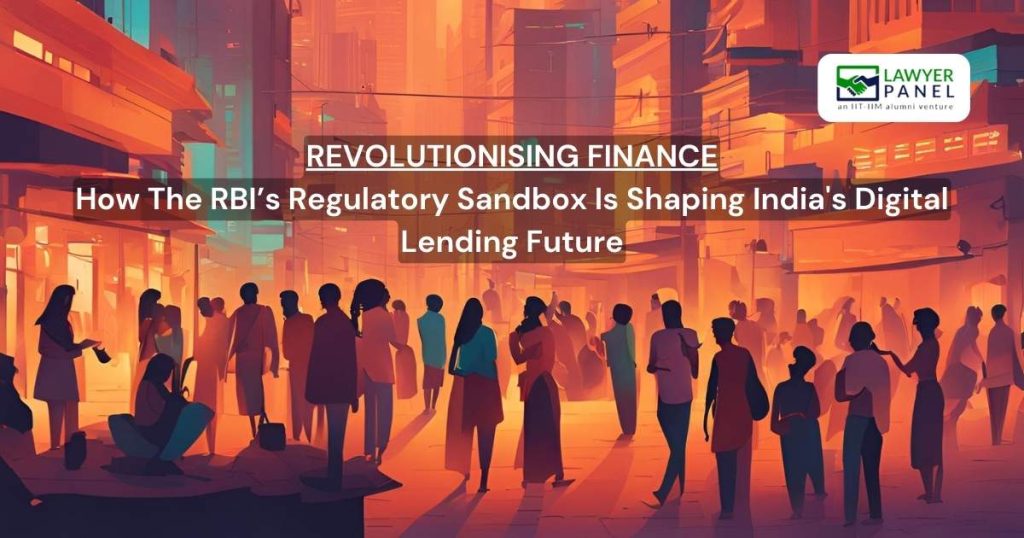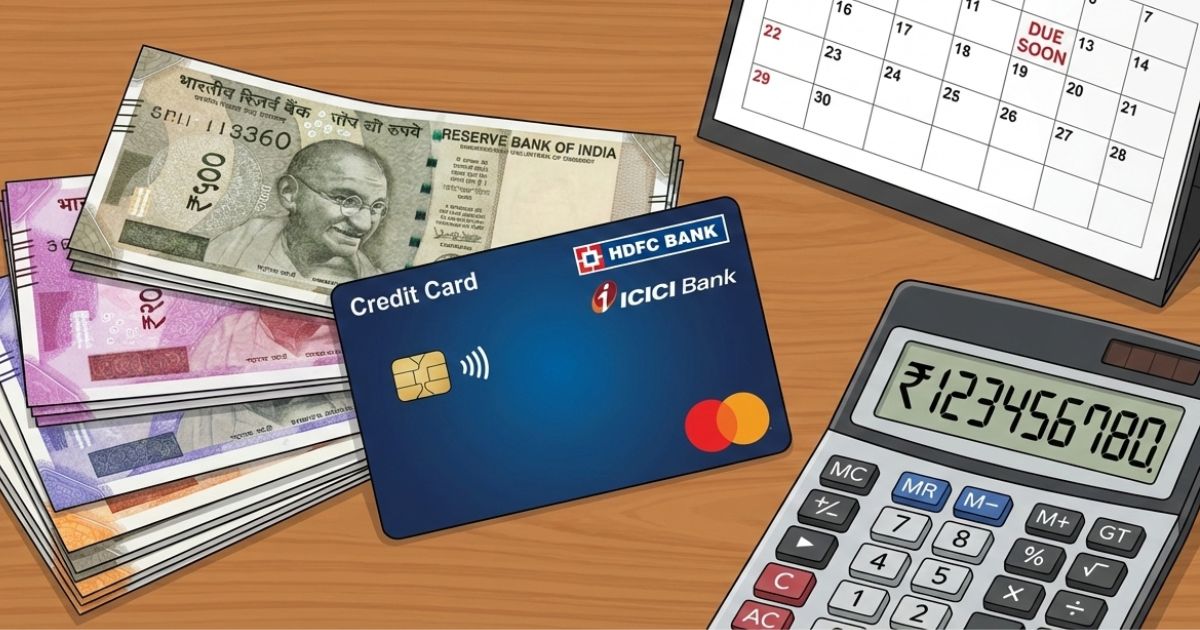
Featured post
Revolutionising Finance: How The RBI’s Regulatory Sandbox Is Shaping India’s Digital Lending Future
The Reserve Bank of India (RBI) has been making waves in the financial sector with its innovative approach to regulation. At the forefront of this change is the RBI’s Regulatory Sandbox—a framework that allows fintech companies and financial institutions to test new products and services in a controlled environment.




.L3B2P26q.jpg)

_1_.E8kmHkSz.jpg)

.kYF4YWoS.jpg)